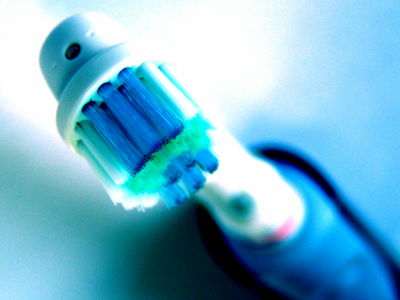Is there a meaning to 'urine therapy'?

In modern society where science and medicine have developed, it is rare
Is urine sterile? Do urine 'therapies' work? Experts debunk common pee myths
https://theconversation.com/is-urine-sterile-do-urine-therapies-work-experts-debunk-common-pee-myths-191862
The history of the use of urine is old, and it is said that ancient Egyptians and ancient Chinese used urine as a remedy for various diseases, such as healing battle wounds and bleaching teeth. This use is limited to cases where there is no medical alternative, but even today some people recommend using urine to treat illness.

Urine is 95% water, 2%
Urea contained in urine has various effects such as a moisturizing effect, but the low concentration of urea in urine has little therapeutic benefit, and excreted urine contains toxins, chemicals, and in some cases, pathogens. It is said that there is a possibility that it may contain sexual bacteria, etc., and that ingestion may cause serious diarrhea, nausea, vomiting, infection, etc.

Innumerable bacteria reside in the body, and studies have shown that they also exist in the bladder , which stores urine in the body, and it has been pointed out that excreted urine is not sterile.
A 2010 study pointed out that there is no scientific basis for drinking urine or using it for treatment against various diseases and problems in modern times, and it is considered a more hygienic and effective solution than incontinence therapy. is said to be
'The bottom line is that urinary therapy has no scientifically proven benefits,' say Christian Moro and colleagues.
Related Posts:
in Science, Posted by log1r_ut







